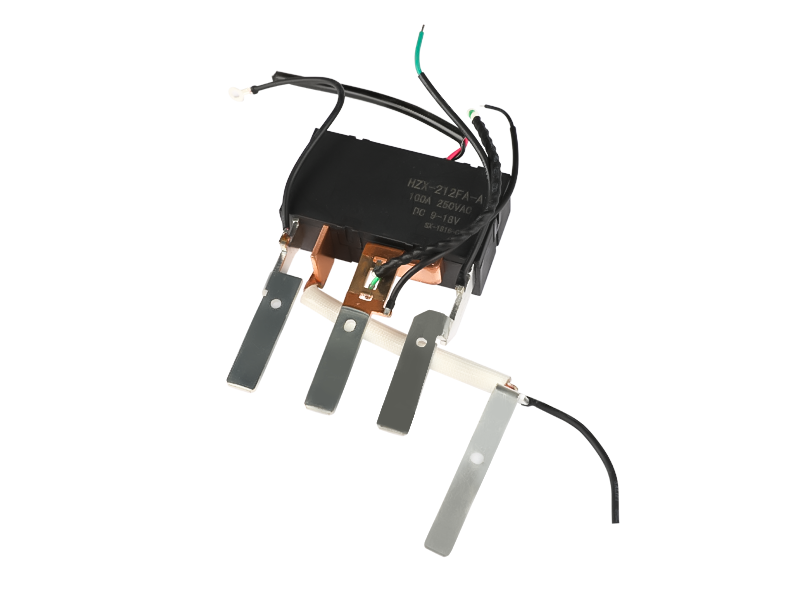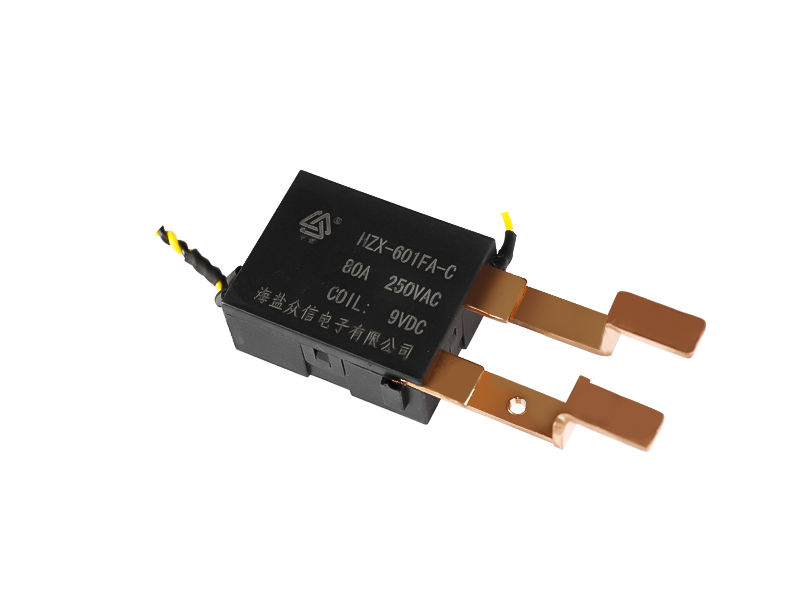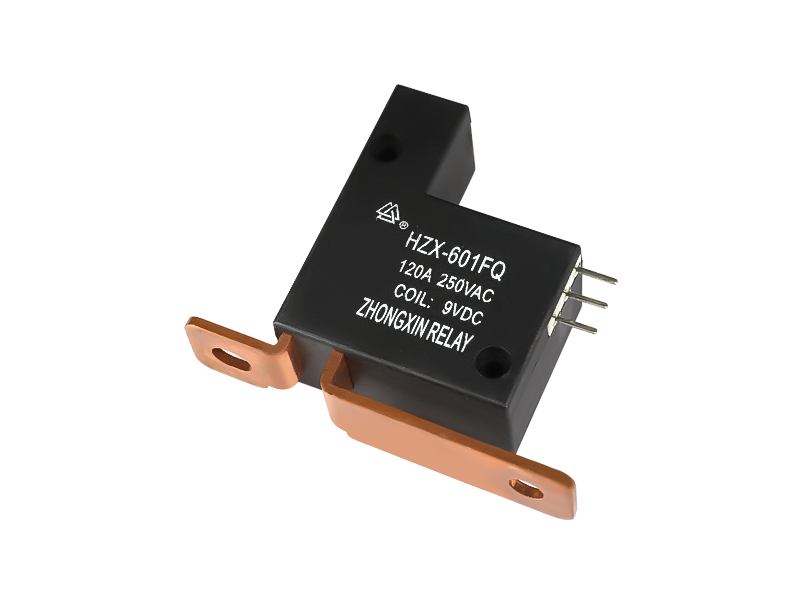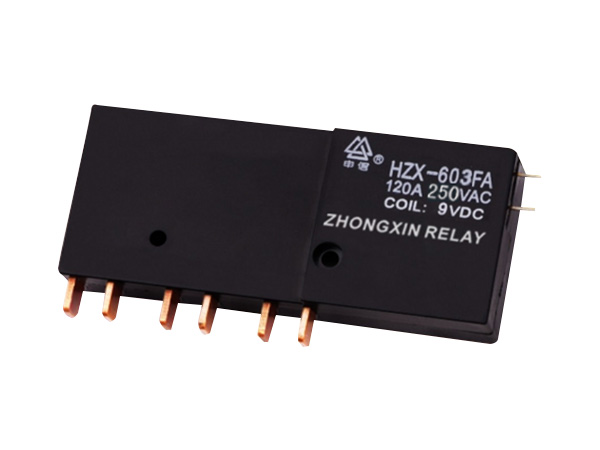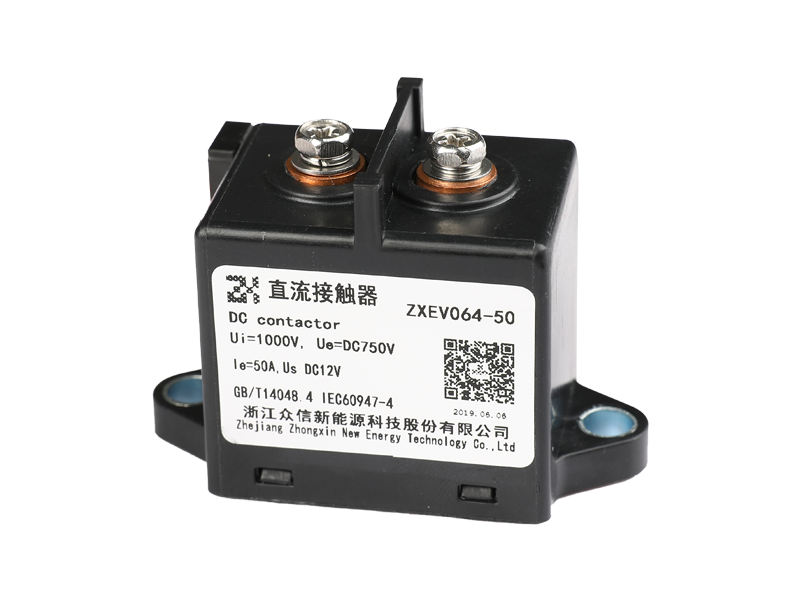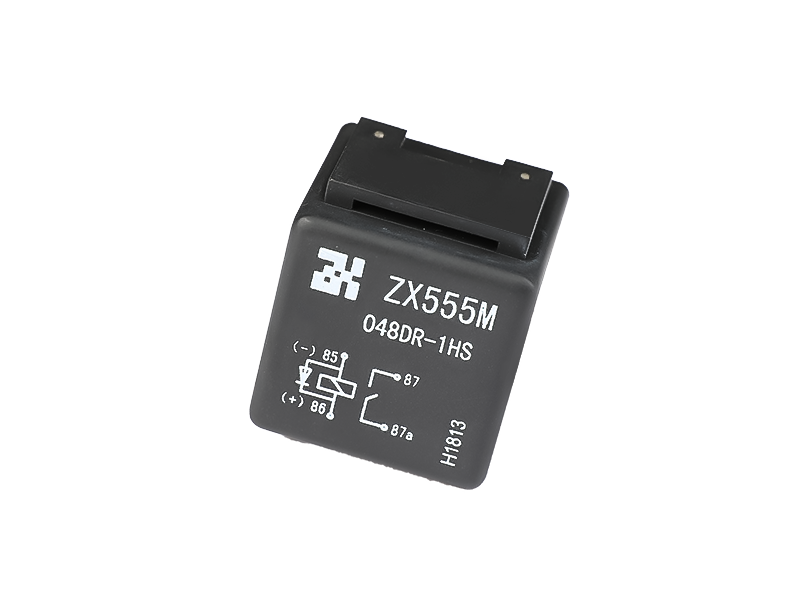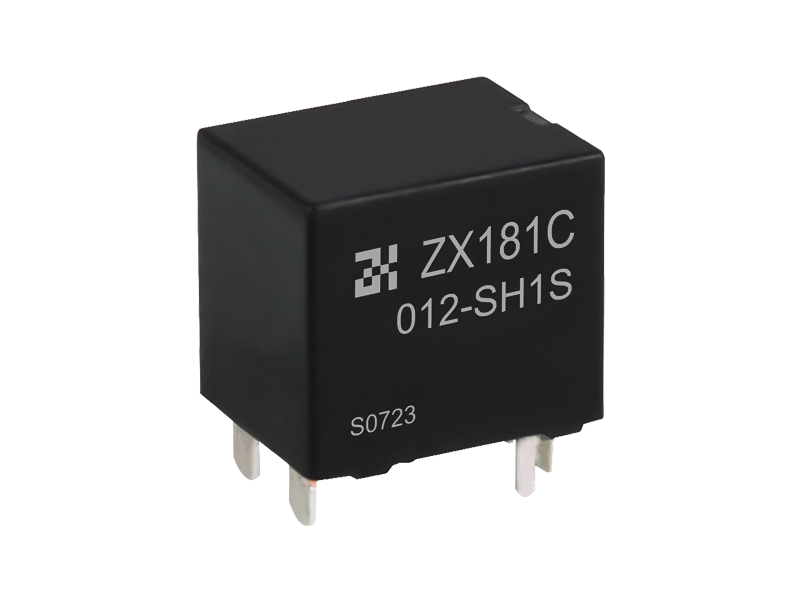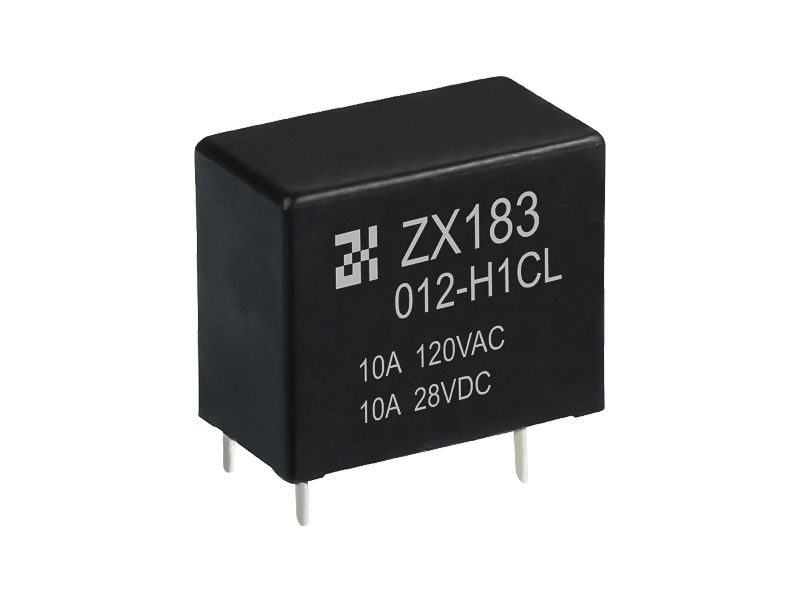How do Epoxy High Pressure Direct Current Contactors handle high voltage and current requirements?
Epoxy High Pressure Direct Current (DC) contactors are designed to handle high voltage and current requirements in various applications. These contactors are typically used in heavy-duty electrical systems such as electric vehicles, renewable energy systems, industrial equipment, and power distribution systems.
Here's a general overview of how these contactors manage high voltage and current:
1. Construction: Epoxy contactors are built with high-quality materials and insulation systems to withstand high voltage requirements. The housing is made of epoxy resin, which provides excellent electrical and mechanical properties, as well as good resistance to heat and chemicals.
2. Contact material: Epoxy contactors are equipped with specific contact materials that can handle high voltage and current. These contact materials, such as silver nickel, silver tin oxide, or silver cadmium oxide, are chosen for their low resistance, good conductivity, and ability to withstand high temperatures generated during operation.
3. Arc suppression: High voltage and current can generate arcs when switching or interrupting the flow of electricity. Epoxy contactors incorporate advanced arc suppression features to minimize the effects of arcing, such as magnetic blow-out coils or permanent magnets. These features help extinguish arcs quickly, reducing wear on the contacts and preventing damage to the contactor.
4. Thermal management: Handling high current can cause heating in the contactor, which can affect its performance and lifespan. Epoxy contactors are designed with efficient thermal management systems, including heatsinks or cooling fans, to dissipate heat efficiently and maintain stable operation even at high currents.
5. Voltage rating: Epoxy contactors are available in various voltage ratings to match the specific requirements of the application. They are designed to handle the required voltage levels reliably, ensuring safe and efficient operation.
6. Current rating: Epoxy contactors are also available in different current ratings to meet the demands of the application. The contactor's design considers the specific current requirements, and the contact materials are chosen accordingly to handle the high currents without excessive heating or wear.
Epoxy High Pressure DC contactors address high voltage and current requirements through their construction, contact materials, arc suppression features, thermal management, and voltage/current ratings. These features ensure reliable and safe operation in high-power electrical systems.

